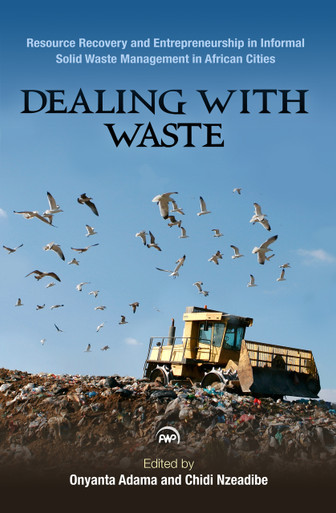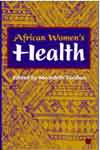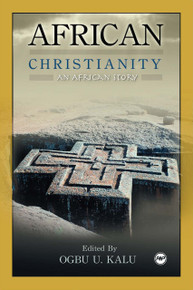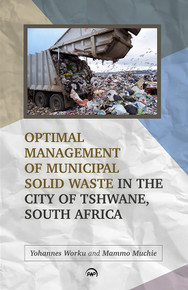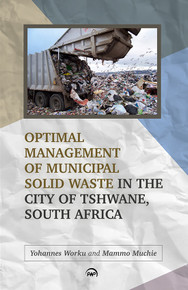Categories
Categories
Authors
Authors
- Home
- Development Studies
- DEALING WITH WASTE: Resource Recovery and Entrepreneurship in Informal Sector Solid Waste Management in African Cities, by Edited by Onyanta Adama and Chidi Nzeadibe
DEALING WITH WASTE: Resource Recovery and Entrepreneurship in Informal Sector Solid Waste Management in African Cities, by Edited by Onyanta Adama and Chidi Nzeadibe
DEALING WITH WASTE: Resource Recovery and Entrepreneurship in Informal Sector Solid Waste Management in African Cities, by Edited by Onyanta Adama and Chidi Nzeadibe
Product Description
The nature and scope of the problem of Municipal Solid Waste Management (MSWM) in African cities continues to change across space and time in line with changing socio-economic, political and environmental conditions. Crucially, the failure of the formal MSWM systems has paved the way for the emergence of the informal sector. Informal Sector Solid Waste Management (ISSWM) dates back centuries, but its rising profile in Africa is commonly attributed to the urban crisis that followed the Structural Adjustment Programmes (SAP) of the 1980s. ISSWM consists of two major components, the collection of waste in areas left out of the formal system and the recovery of recyclables in various places where waste accumulates.
ISSWM is considered one of the most popular urban livelihood activities. While poverty remains a crucial issue, it is also important to acknowledge that urban governance policies and practices can impact access of the poor to the solid wastes they need to pursue their livelihood strategies. Furthermore, ISSWM is primarily an economic activity. As opposed to developed countries where the main motivation for recycling is its value for resource conversation, in developing countries, the main aim is to extract any material that has economic value. It is important to highlight the importance of waste recycling for entrepreneurship and job creation and also acknowledge the complex but structured network of actors. Linked to this is the growing interest in the internal diversity of the informal economy based on the argument that it is differentiated and traversed by hierarchies, divisions, power relations and inequalities structured along lines of gender, age, income and ethnicity among others.
This book pays particular attention to the social relations of power within and between networks. The overall aim of the book is to capture the dynamism and complexity of ISSWM. The main argument is that while the poverty reduction potential of ISSWM remains valid and is acknowledged; there are broader issues to consider including the role of the sector to resource recovery and environmental sustainability; the linkages with other sectors and actors across spatial scales; the construction of markets and the dynamics within them as actors strive to maximize their opportunities.
ABOUT THE EDITORS
ONYANTA ADAMA is a Senior Researcher in the department of human geography, Stockholm University, Sweden.
THADDEUS CHIDI NZEADIBE is a Senior Lecturer and the Coordinator of Postgraduate Programmes in the Department of Geography, University of Nigeria, Nsukka.
CATEGORY
Human Geography, History, Anthropology/AFRICA
 Loading... Please wait...
Loading... Please wait... 
